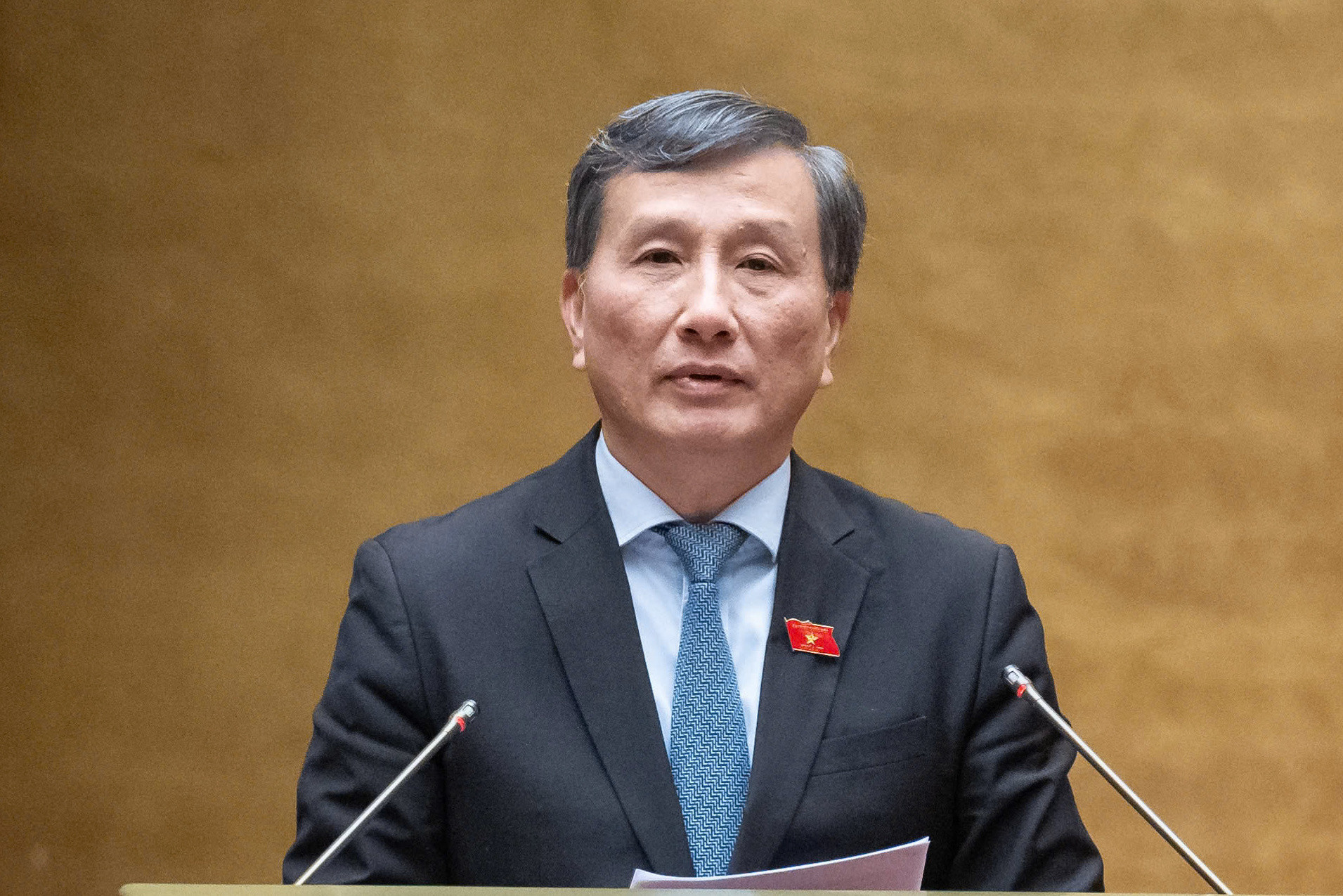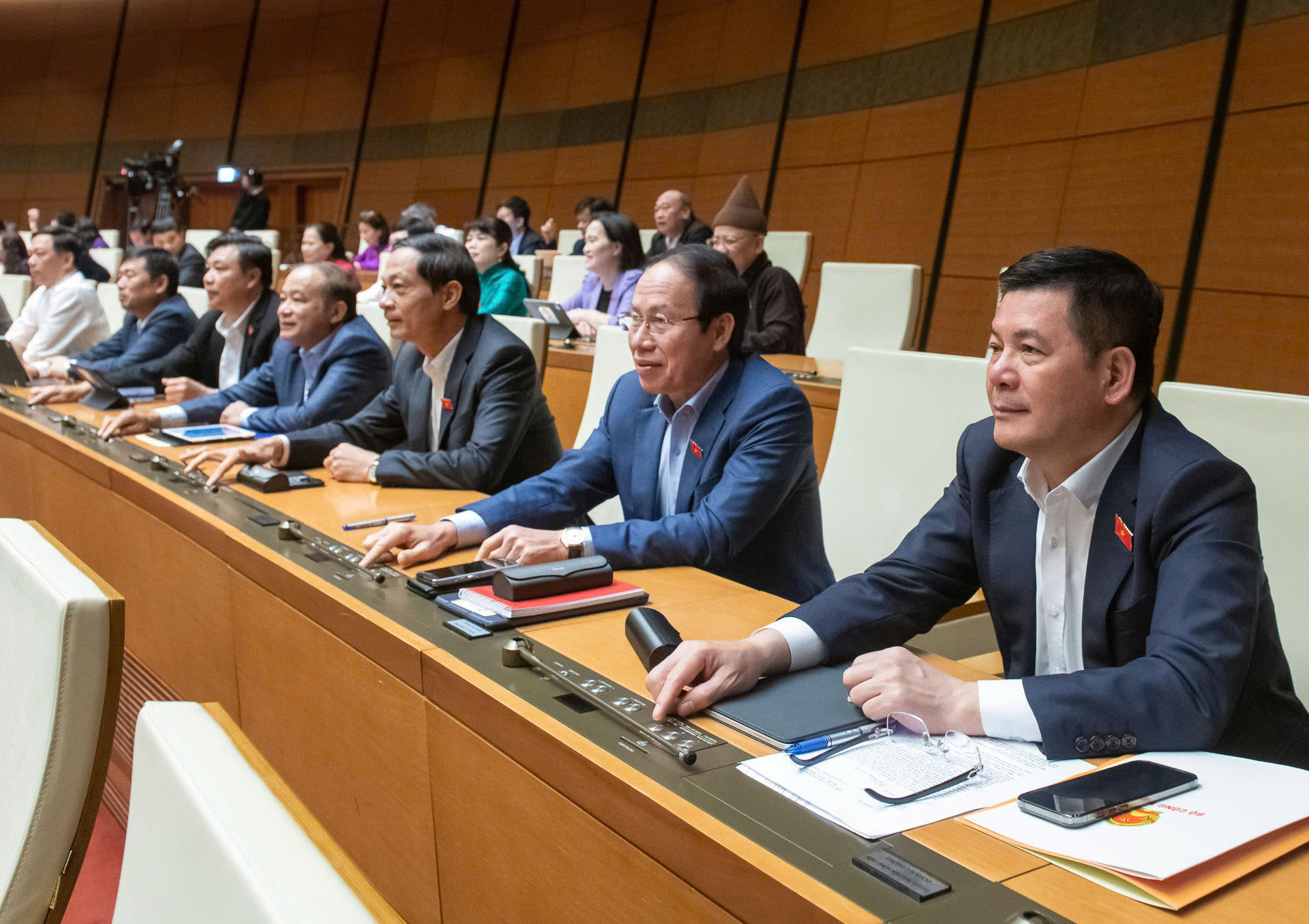The revised Electricity Law, approved by the National Assembly on November 30, introduces significant updates to Vietnam’s energy policy, including a phased approach to ending cross-subsidies in electricity pricing. The law will take effect on February 1, 2025.
The revised law encompasses six main areas: power planning and development; renewable and new energy sources; conditions for electricity operations, including licensing and revocation; electricity trading activities; system management and operation; and safety standards for electricity use and hydropower dams.

One of the law's notable provisions addresses the elimination of cross-subsidies in electricity pricing. The Standing Committee of the National Assembly emphasized the importance of reducing and eventually eliminating cross-subsidies between customer groups and regions to create a more equitable pricing structure.
Retail electricity prices currently follow a nationwide standard, with cross-subsidies compensating for regional disparities. Over time, retail tariffs will be adjusted to reflect actual consumption costs based on system load characteristics.
Committee Chairman Le Quang Huy acknowledged that eliminating cross-subsidies immediately is not feasible due to the complexity of factors such as the electricity sector's restructuring pace and financial viability. Instead, the Ministry of Industry and Trade will draft and propose a phased roadmap for approval by the Prime Minister.
The revised law also strengthens oversight for renewable energy, particularly solar and offshore wind power.
Huy noted that previous mismanagement of renewable energy projects had led to regulatory violations and policy exploitation. The law now includes safeguards to prevent such issues and ensures transparent management of renewable energy projects.

For offshore wind energy, projects are classified into nearshore and offshore categories, with specific regulatory guidelines. Notably, the law prohibits transferring shares or equity in offshore wind projects without meeting strict compliance standards.
The new provisions align with Politburo Resolution No. 55/2020, which advocates for sustainable and well-regulated offshore wind development.
The revised law also outlines a maximum bidding price mechanism, whereby the winning bid price in electricity auctions serves as the ceiling for buyer-investor negotiations. The government will establish detailed guidelines for electricity trading contracts.
Regarding the forward electricity market - a new concept in Vietnam - the law includes only general principles, with further details to be addressed by government regulations following impact assessments.
The revised Electricity Law contains 81 articles, down from 130 in the government’s original draft, but includes 11 new provisions compared to the current law. It aims to modernize Vietnam’s electricity market while addressing the country’s growing energy needs.
Thu Hang